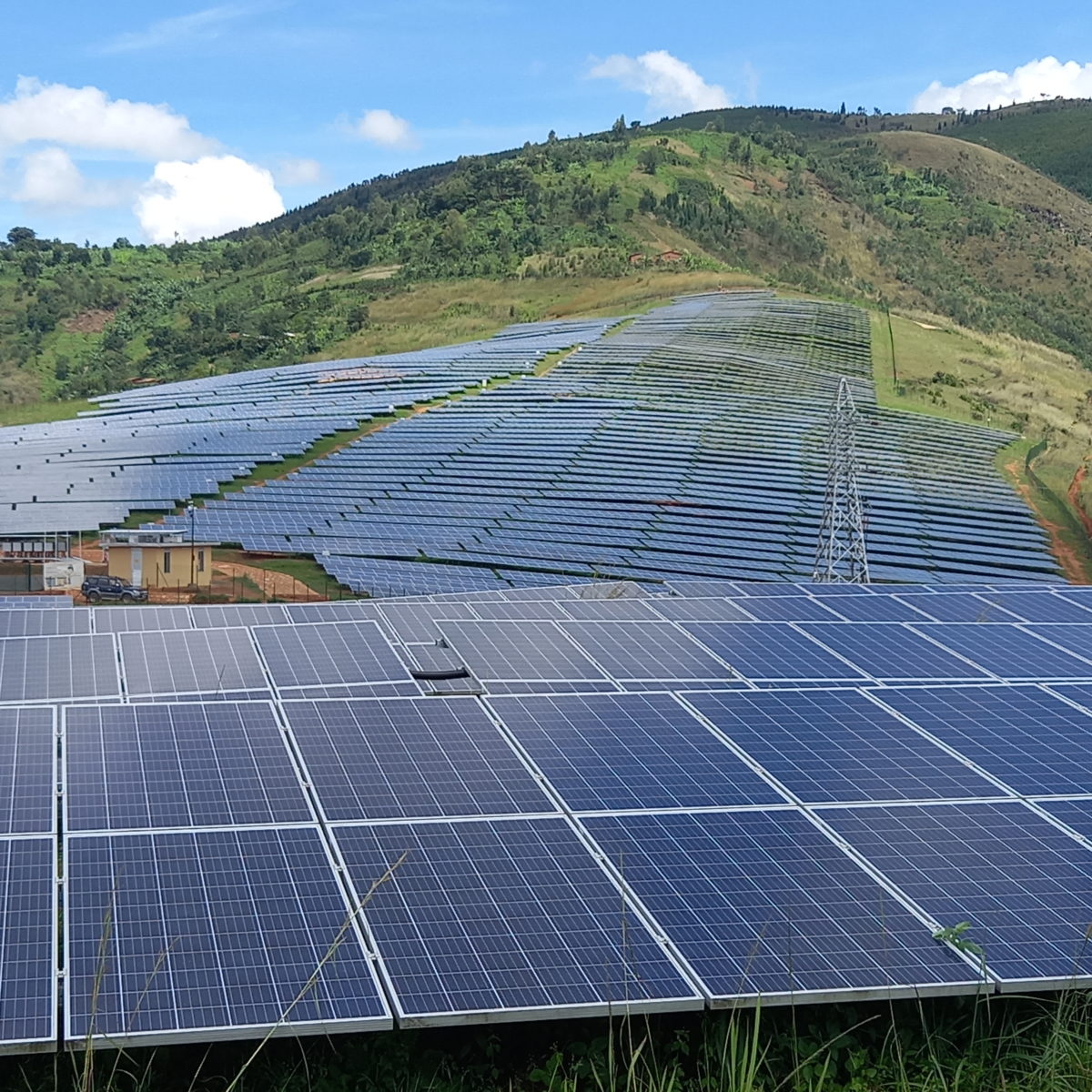Burundi installed 340 kW of energy capacity in 2023, the UNDP told pv magazine, adding that the country could increase this in 2024. The local office was unable to provide a forecast for 2024 or the total installed capacity in 2022, as that many small-scale projects often go unnoticed.
“Photovoltaics could help to cushion the country’s energy complexities, if properly maintained and monitored, through standalone or pairing solar with hydropower, like in the case of Nyabikere mini-hydroelectric plant in Karusi,” said UNDP spokesperson Aloys Sahiri.
Analysts say that several configurations could help the poorest country on Earth secure its energy needs. Some even speak about a possible “renewable energy revolution.”
“Burundi is positioned to lead the region in solar energy development thanks to 2,000 hours of yearly sunshine, the intensity of the solar radiation, and untapped solar potential,” said Chacha Mussa Machera, sales manager and administrative support for Africa at Amerisolar USA, adding that the nation currently has roughly 17 MW of installed solar PV capacity. “The primary option to stabilize its fragile electricity network is indeed through solar.”
Machera said that Burundi has chiefly relied on biomass and hydroelectricity for its electricity needs. However, both sources have limitations, especially during the dry season, when biomass resources are scarce and hydroelectric power generation declines. Climate patterns are also changing in the country due to global warming, creating additional risks.
The government is actively pushing the use of solar energy, said Machera.
“It has recently put into effect laws and programs designed to promote investment in the solar industry,” added Machera. “The National Electrification Strategy is one such initiative that aims to increase access to electricity in rural regions using renewable energy sources, including solar.”
The government has tried simplifying rules, rewarding investors, and promoting public-private collaborations. According to Machera, such initiatives lure domestic and foreign companies eager to profit from Burundi’s expanding solar business.
“One project worth mentioning is the 7.5 MW solar plant built by Gigawatt Global in Mubuga, which supplies clean electricity to thousands of Burundian homes,” said Machera. “This project acts as a showcase for the viability of large-scale solar installations in the nation and as a guide for upcoming initiatives.”
Popular content
Isolated rural areas also develop solar-powered minigrids, collaborating with government agencies, diplomatic missions, and NGOs.
The minigrids offer power for lighting and essential appliances, creating opportunities for nearby companies and educational institutions. Locals explain that the lack of expertise and spare parts poses a threat to future developments.
“The demand for technical know-how and trained labor in the solar industry presents another difficulty,” said Machera. “To close this gap and guarantee the solar industry’s sustained growth, training programs and partnerships with international organizations are being formed.”
Locals still argue that poverty is an additional hurdle. Some, who asked to remain anonymous, said that poverty is the main reason why PV panels, some of which have been installed through European funding programs, go missing.
The country has also been plagued by occasional cross-border movements by armed groups from the Democratic Republic of the Congo and a systemic need for hard currency, which makes it hard for the equatorial country to buy fossil fuels on the international market. Most gas pumps throughout the country are closed, but the few that are open attract the desperate attention of locals, creating kilometers of queues. Gasoline has become a common gift at weddings.
Locally produced electricity, although not a perfect substitute for fossil fuels especially in Burundi, could still alleviate the energy poverty affecting the country, according to experts.
International Renewable Energy Agency (IRENA) statistics show that Burundi had just 9 MW of installed PV capacity at the end of 2023.
This content is protected by copyright and may not be reused. If you want to cooperate with us and would like to reuse some of our content, please contact: editors@pv-magazine.com.


1 comment
By submitting this form you agree to pv magazine using your data for the purposes of publishing your comment.
Your personal data will only be disclosed or otherwise transmitted to third parties for the purposes of spam filtering or if this is necessary for technical maintenance of the website. Any other transfer to third parties will not take place unless this is justified on the basis of applicable data protection regulations or if pv magazine is legally obliged to do so.
You may revoke this consent at any time with effect for the future, in which case your personal data will be deleted immediately. Otherwise, your data will be deleted if pv magazine has processed your request or the purpose of data storage is fulfilled.
Further information on data privacy can be found in our Data Protection Policy.